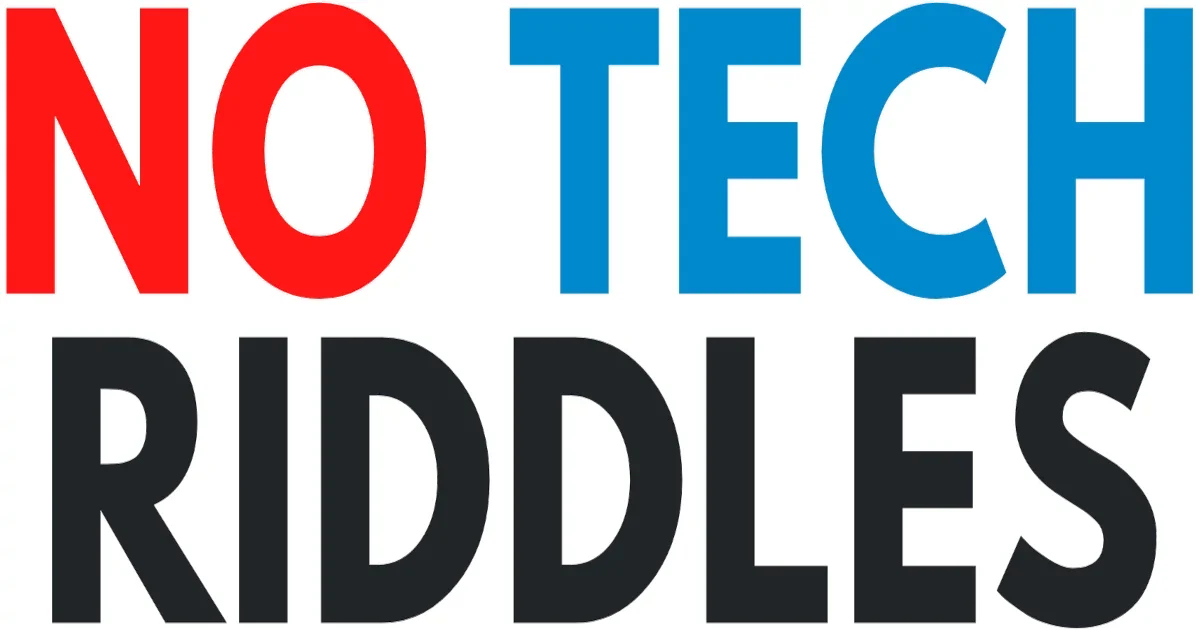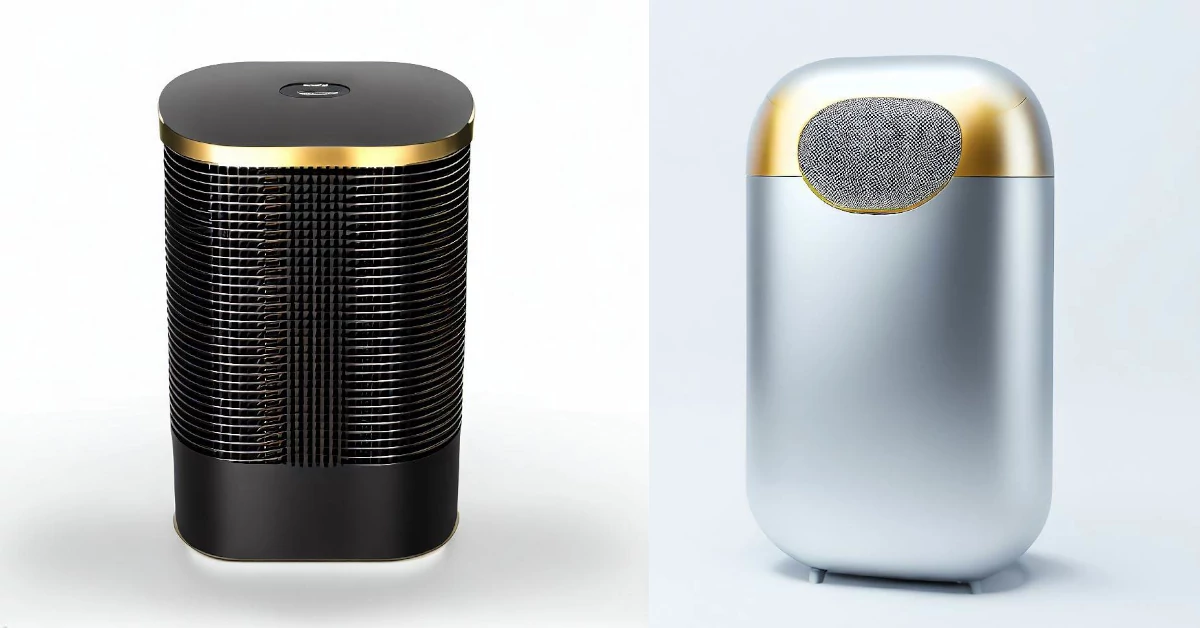Have you ever walked into a room and immediately smelled something bad? Maybe the air still smells like last night’s dinner, or maybe old furniture smells musty.
No matter what makes a smell bad, it can be a real pain.
But what if I told you there was a way to not only get rid of smells but also make your home’s air better? The HEPA filter comes in.
Anyone who wants to breathe cleaner, fresher air will find this powerful tool to be a game-changer.
If you have an air purifier or are thinking about getting one, read on to learn how a HEPA filter can change the quality of the air inside your home and get rid of those annoying smells for good.
Understanding HEPA Filters

HEPA Filters: What Are They?
HEPA filters are a type of air filter that can get rid of at least 99.97% of dust, pollen, mold, bacteria, and any other airborne particles larger than 0.3 microns.
HEPA is an acronym for “high-efficiency particulate air” filter.
HEPA filters are made of either plastic or fiberglass.
They are made up of intertwined fibers with a diameter of less than 1 micron that are twisted and turned in different directions to make a “fibrous maze.”
How Do HEPA Filters Work?
Particles get caught in the filter’s fibers as air moves through it, which is how HEPA filters work.
There are two ways for them to clean the air.
The first is one or more outer filters that work like sieves to stop dirt, dust, and hair that is bigger than the holes.
The second part is a “contraption” made of what looks like folded paper.
The outer gauze “pre-filter” can make the inner HEPA filter last much longer.
Benefits of HEPA Filters for Odor Elimination
Most air cleaners, vacuum cleaners, and air handling units have HEPA filters.
They are good for people with asthma and allergies because they can catch small particles like pollen and dust mite feces, which can cause asthma and allergy symptoms.
Ultrafine pollutants, such as viruses and bacteria, can also be caught by HEPA filters.
They are very good at getting rid of dust, pollen, mold, certain bacteria and viruses, dust mites, PM2.5, pet dander, and a number of other solid allergens found in indoor air.
There are strict rules about how to make and use HEPA filters.
In Europe, HEPA filters have to get rid of 99.95% of particles, but in the US, they only have to get rid of 99.97% of particles.
Because of the way they work, HEPA filters are very good at catching nanoparticles.
Maintenance and Replacement of HEPA Filters
All air cleaners need to have their filters cleaned and replaced every so often for them to work properly.
Follow the maintenance and replacement instructions that the maker gives you.
H13 HEPA filters are an advanced type of HEPA filter that can get rid of even smaller particles that are only 0.1 microns in size.
HEPA filters are a good way to get rid of smells and improve the quality of the air inside.
They are very good at catching a wide range of airborne particles, including those that cause allergies and asthma.
To keep HEPA filters working well, they need to be cleaned and replaced on a regular basis.
The Importance of Indoor Air Quality in Odor Elimination with Air Purifiers
Indoor air quality is a crucial factor to consider when it comes to odor elimination.
Poor indoor air quality can lead to unpleasant odors caused by pollutants, allergens, and other harmful particles.
These particles can cause respiratory problems, allergies, and other health issues.
Air purifiers are an effective solution to improve indoor air quality and eliminate odors.
They work by filtering out pollutants and allergens, leaving the air fresh and clean.
Air purifiers with activated carbon filters are particularly effective in removing odors caused by smoke, cooking, and pets.
Investing in an air purifier can not only improve the air quality in your home but also eliminate unpleasant odors, making your living space more comfortable and healthy.
For more information:
Improving Indoor Air Quality with HEPA Filters

Odor Elimination with HEPA Filters
HEPA Filters and Odor Elimination
Solid particles like dust, pollen, mold, and bacteria are taken out of the air very well by HEPA filters.
They can also get rid of particles in the air that are at least 0.3 microns in size.
But HEPA filters are not made to get rid of smells.
Odors are caused by very small particles that HEPA filters can’t get rid of.
Activated Carbon Filters for Odor Elimination
Air purifiers with activated carbon filters are good for getting rid of smells.
Activated carbon is the only thing that can catch both smell molecules and chemical vapors in the air.
Activated carbon filters in air purifiers do a great job of getting rid of smells.
Molekule PECO Technology for Odor Elimination
Molekule PECO technology is another way to get rid of smells.
This technology gets rid of smells by making free radicals that break down all volatile organic compounds (VOCs), including those that make smells.
Cigarette Smoke and HEPA Filters
HEPA filters can cut down on cigarette smoke particles in the air by a lot, but they can’t get rid of everything about cigarette smoke, like VOCs.
HEPA filters can get rid of the solid pieces of smoke that you can see, but they can’t get rid of the molecules of smell that are in the air.
Activated Carbon Filters for Cigarette Smoke Odor Elimination
To get rid of the smell of cigarette smoke, you need an air cleaner with an activated carbon filter.
Activated carbon is the only thing that can get rid of smells and chemical vapors in the air.
It’s important to remember that some of the particles in cigarette smoke may be small enough to get past HEPA filters.
Also, HEPA filters don’t catch VOCs, which are part of what makes cigarette smoke smell bad.
So, even though HEPA filters can cut down on the number of cigarette smoke particles in the air, they might not be enough to completely get rid of the smell of cigarette smoke.
Maintaining a HEPA Filter
HEPA Filters and Their Lifespan
HEPA filters are often used in air purifiers because they are very good at getting rid of small particles like dust, pollen, and pet hair.
But the length of time a HEPA filter lasts depends on the type of filter, the quality of the air, and other environmental factors.
As a general rule, HEPA filters that can be changed should be changed every 6 to 12 months.
Some HEPA filters are so good that they don’t need to be changed for up to a year.
To make sure the air purifier is working well, it’s important to replace the filter when the manufacturer says to.
Activated Carbon Filters for Odor Elimination
Even though HEPA filters are good at getting rid of particles in the air, they can’t get rid of pet smells.
Volatile organic compounds (VOCs) from pet odors have molecules that are too small for HEPA filters to catch.
An air purifier needs an activated carbon filter to get rid of pet smells.
VOCs and other smells are taken out of the air very well by activated carbon filters.
HEPA Filters for Allergies
HEPA filters are still important for good air quality, especially for people with allergies to pet dander who have pets.
HEPA filters are very good at getting rid of small particles like pet dander, which can cause allergies, from the air.
If you have allergies caused by pet dander, you might want to think about getting an air purifier with a HEPA filter to reduce your exposure to allergens.
Choosing an Air Purifier for Pet Odors
To get rid of pet smells, you should look for an air purifier with both a HEPA filter and an activated carbon filter.
Some air purifiers are made for people who have pets and claim to get rid of pet hair and dander from the air.
But the effects on human health have not been well studied, so it is important to do research and choose an air purifier that is safe and effective for both humans and pets.
Filter Maintenance
Air purifier filters need to be changed often because over time, the particles that get caught in the filter can build up and make the air purifier less effective.
Air purifiers may have HEPA filters and carbon pre-filters that need to be changed every 3 months.
Permanent filters don’t need to be changed, but they should be cleaned every so often to get rid of any dust that has built up.
Benefits and Drawbacks of Using HEPA Filters for Odor Elimination
Air purifiers are made to get rid of things like dust, pollen, smoke, and chemical smells from the air.
HEPA filters can get rid of particles that are as small as 0.3 microns.
But HEPA filters and other mechanical filters don’t help with gases or smells.
Purifiers with carbon filters are especially good at getting rid of bad smells because they can trap and neutralize many different types of particles.
HEPA Filters for Allergies
HEPA filters are specially made filters that can get rid of 99.97% of particles 0.3 micrometers or smaller.
This means that they can get rid of most of the particles that cause allergies.
Pathogens in the air can be cut down with the help of HEPA filters, which can be good for people with breathing problems.
Carbon Filters for Odor Elimination
Purifiers with carbon filters are especially good at getting rid of bad smells because they can trap and neutralize many different types of particles.
Using an air cleaner with a carbon filter can get rid of smells from cooking.
Carbon filtration lets air purifiers get rid of gases, which cuts down on or gets rid of smells.
HEPA filters are used to get rid of particles like pollen, dust, and dander, but they can’t get rid of the gases that cause smells.
But HEPA filters can still reduce odors if they are used with an activated carbon filter that gets rid of smells.
Activated Carbon or Charcoal Filters for Cooking Odors
Some air purifiers are made to get rid of smells from cooking.
When looking for an air purifier, it’s important to think about features like odor filtration and a filter that soaks up particles.
Activated carbon or charcoal filters are great ways to get rid of cooking smells because they absorb the smells.
Consumer Reports Test
Consumer Reports put five room air purifiers to the test to see if they could get rid of smells from cooking.
The air purifiers were tested in a room with a cooking smell made by heating ground cumin in an electric frying pan and pumping the smell into the room through a duct.
One of the models was one of the best at getting rid of dust and smoke, as shown by the test results.
A carbon filter in an air purifier can get rid of smells from cooking.
When looking for an air purifier, it’s important to think about features like odor filtration and a filter that soaks up particles.
Pollutants like dust, pollen, smoke, and chemical smells can be taken out of the air by HEPA filters.
But HEPA filters and other mechanical filters don’t help with gases or smells.
Purifiers with carbon filters are especially good at getting rid of bad smells because they can trap and neutralize many different types of particles.
HEPA Filters vs. Other Odor Elimination Methods
Odor Elimination with Air Purifiers
HEPA filters are often used in air cleaners because they can get rid of bigger particles like dust, pollen, and pet dander.
But they are not good at getting rid of smells.
Odors are caused by very small particles that HEPA filters can’t get rid of.
To get rid of smells, you need other filters like activated carbon filters.
Most smells in the air are taken care of by activated carbon filters.
Air purifiers that get rid of smells use both HEPA filters and other types of filters, like activated carbon filters, to do this.
The amount of dust that will be filtered depends on the size, material, and design of the HEPA filter media.
If the filtering material is too small, some very small particles, such as bad smells and chemical fumes, might get through.
Manufacturers like Austin Air combine HEPA filtration technology with their own carbon/zeolite filter to effectively remove airborne pollutants and lingering smells and odors from the air.
This combination of filters is better at getting rid of both dust and smells.
HEPA filters are effective at removing particulate matter like airborne pet dander, pollen, smoke, and dust.
But they are not good at getting rid of smells, chemicals, gases, or smoke.
Activated carbon air filters are better at getting rid of smells, gases, and chemicals.
One problem with using a HEPA filter to get rid of bad smells is that it might not work.
HEPA filters are not made to get rid of smells, gases, or chemicals.
Another problem is that air purifiers may not work as well as advertised and may not clean the air as well as manufacturers say they will.
They may also make the air quality in your home worse.
But there are air cleaners that use both activated carbon and HEPA filters to get rid of both dust and smells.
For example, the VEVA ProHEPA 9000 air purifier has an activated carbon filter to get rid of smells and a true HEPA filter to get rid of small particles.
This unit is a little louder than some other ones on the market, which is not a good thing.
Conclusion

In conclusion, getting rid of smells is an important part of keeping a healthy and comfortable living space.
There are many ways to get rid of smells, but buying an air purifier with a HEPA filter is a good idea.
It does a good job of getting rid of smells and also improves the quality of the air inside by catching harmful pollutants and allergens.
But it’s important to remember that getting rid of smells is not a one-time fix.
To keep the air purifier working well, it needs to be maintained and have its filters changed on a regular basis.
Also, it’s important to figure out where the smell is coming from and fix it so that it doesn’t come back.
As you think about buying a HEPA filter air purifier, keep in mind that it does more than just get rid of smells.
It’s about making your home a healthy and comfortable place for you and your family to live.
So, take the time to do research and choose the best air purifier for your needs.
Regular maintenance should also be a top priority.
Buying a HEPA filter air purifier is, in the end, an investment in your health and well-being.
So, take the leap and know that you’re taking steps toward a healthier and happier life.
Links and references
- LEVOIT Air Purifiers for Home, Holmes HEPA-Type Small Room Air Purifier.
My article on the topic:

